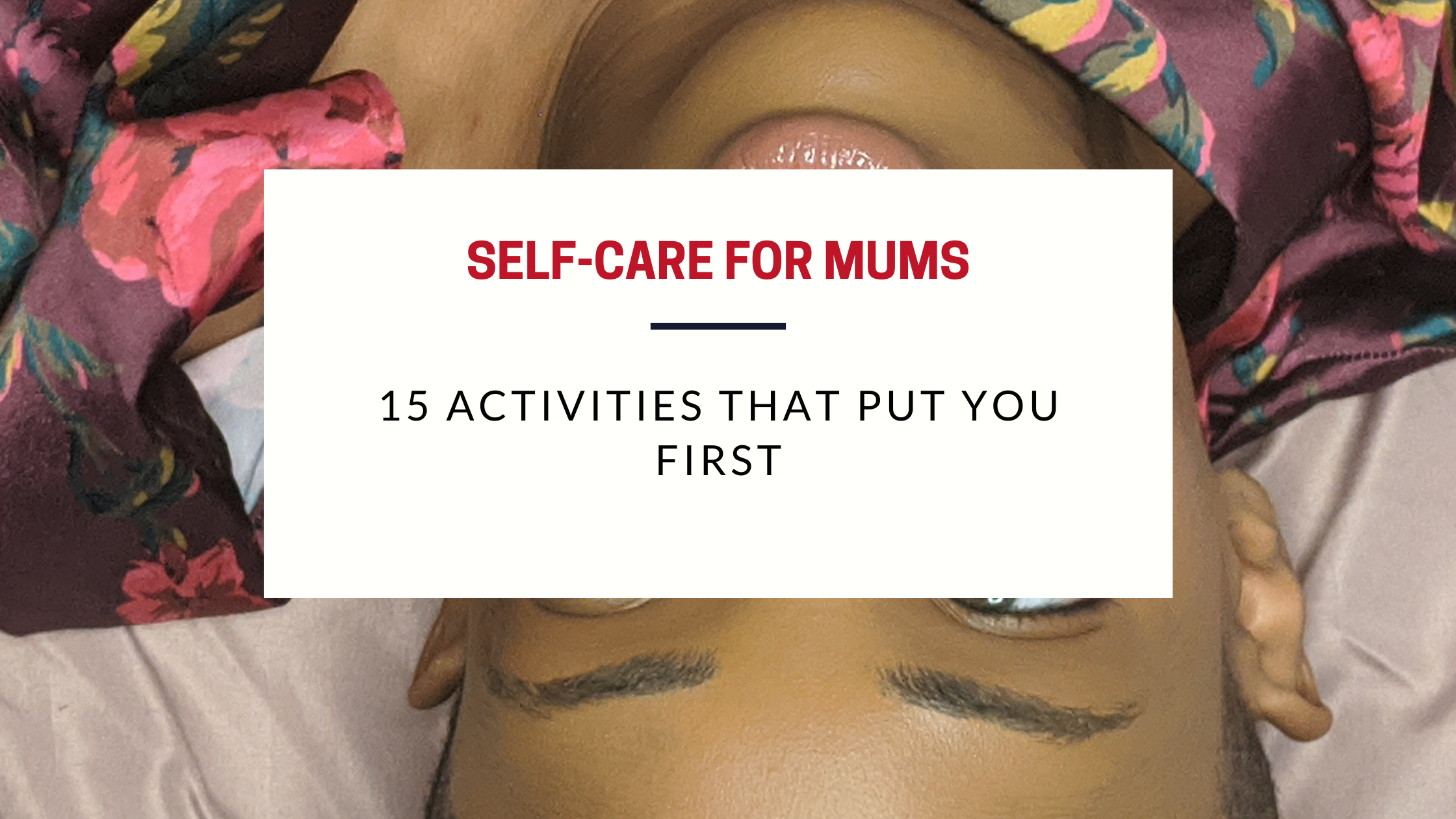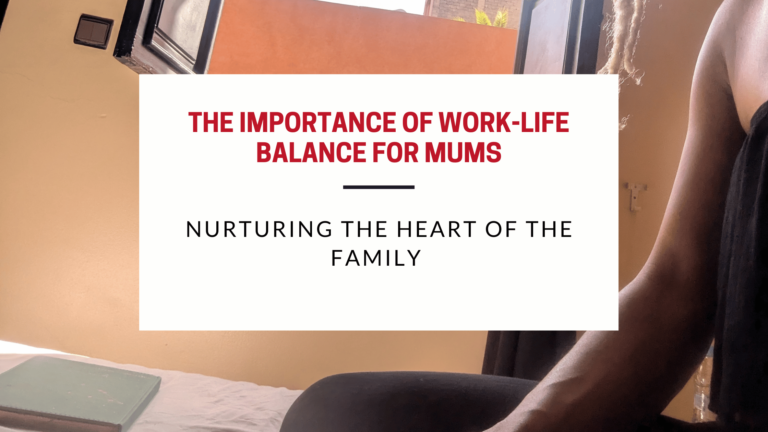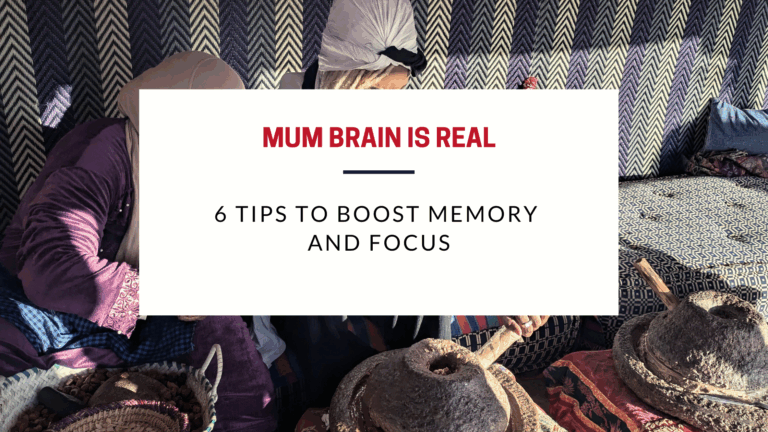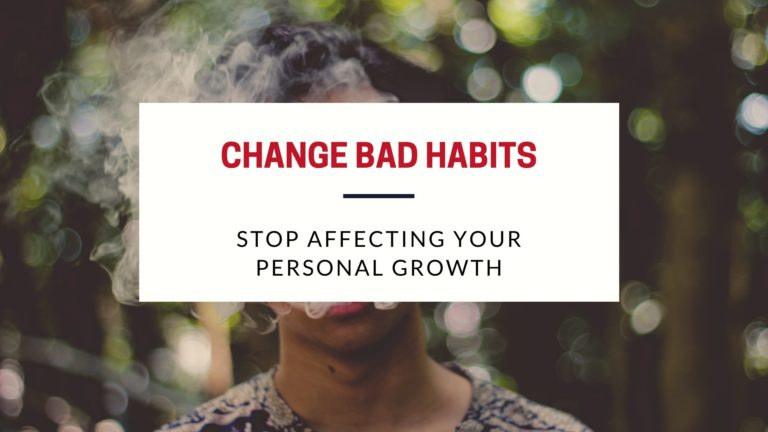Self Care for Mums: 15 Activities That Put You First
When I was a mum of 1, self-care activities were naturally a part of my daily routine. During the time I was working for myself as a beauty therapist and pamper party host, I always looked the part every day. Mani-pedis, massages, facials, waxing, the whole shebang – I would never skip out on them. Now, as a mother of 3, I feel like I have to schedule time in for myself, which seems difficult to find, but it’s a necessity. Can you agree?
In the hustle and bustle of motherhood, with its demands and responsibilities, it’s easy for your self-care to slip down the priority list. Juggling family, work, and personal life can leave you feeling drained and overwhelmed. However, if you neglect your self-care, there can be serious consequences for both your mental and physical well-being. In this article, I’ll explore what self-care is, why it’s essential for mums, the benefits, and the self-care activities you can incorporate into your daily life.
What is Self Care?
Self-care is simply about taking actions to look after your well-being. It means working on yourself mentally, emotionally, and physically. Self-care isn’t selfish, it’s necessary for a healthy, balanced life. Think of it like putting on your oxygen mask first or remembering you can’t pour from an empty cup.
The Types of Self-Care
Self-care can look different to each of us. It covers a range of activities customised to each individuals likings and needs. Here are some types of self-care:
The Importance and Benefits
For mums self-care is not just a luxury; it’s a necessity. In constant demand tending to the needs of others without taking time for self can lead to burnout, resentment, and a decline in overall health. By prioritising your self-care, you can recharge your energy reserves, reduce stress levels, and enhance your ability to cope with life’s challenges.
The benefits of self-care are endless and can impact the entire family dynamic. Here are some of the key benefits:
10 Self Care Activities That Put You first
There are many kinds of self-care activities to choose from. The ones I’ve listed below are things you can do by yourself and make personal to you. Taking part in activities alone allows you to discover what you like and dislike, as well as your strengths and weaknesses.
1. Journaling
Writing down your thoughts and feelings helps you process your day, release stress, and reconnect with yourself. It’s like having a conversation with your inner voice.
2. Connect with nature
A walk in the park, sitting by water, or simply stepping into your garden can refresh your mind and give you peace. Nature has a calming way of reminding you to slow down.
3. Take a bath or shower
A long soak or even a refreshing shower can feel like pressing reset. It’s time that’s just yours, away from everyone else.
4. Give yourself a manicure or pedicure
Taking care of your hands and feet can instantly make you feel more polished and put together, even if the rest of life feels messy.
5. Read a book
Whether it’s fiction or self-help, reading gives you an escape and a chance to learn or relax.
6. Get a massage
Releasing tension in your body also releases stress in your mind. A massage is one of the ultimate ways to treat yourself.
7. Tap a nap and/or rest
Rest is not lazy – it’s necessary. Even a short nap can boost your energy and patience for the rest of the day.
8. Walk, dance or stretch (something that makes you move your body)
Moving your body in ways you enjoy lifts your mood, boosts energy, and reminds you that your body is more than just a tool to get through chores.

Sample photo of Chloe Rebekah’s DIY photoshoot
9. Cook favourite meal or order your favourite dinner
Eating something you love is comforting. Cooking can be creative, or ordering in can feel like a gift to yourself.
10. Watch a film
Switching off your brain and getting lost in a good film is a simple but powerful way to relax.
11. Digital Detox
Even an hour without your phone or social media helps you clear your head, be present, and stop comparing yourself to others.
12. Express Creativity
Draw, sing, paint, or even rearrange furniture. Doing something creative reminds you of your passions and your ability to create.
13. DIY Photoshoot
Set up your phone and take photos of yourself – play around with outfits, poses, or just have fun. It’s empowering to see yourself in a new light.
14. Join a group or class
Whether it’s dance, art, fitness, or even an online workshop, joining something new lets you learn, meet people, and do something that’s just for you.
15. Volunteer
Helping others gives you a sense of purpose outside your usual roles. It can also connect you with community and lift your spirit in unexpected ways.
Your reminder: Put You First On Your Priority List
In conclusion, self-care for mums is not a luxury but a vital element of their maternal well-being. By prioritising self-care, mums can cultivate resilience, reduce stress, and lead healthier, more fulfilling lives. So, take a moment for yourself today – you deserve it.




